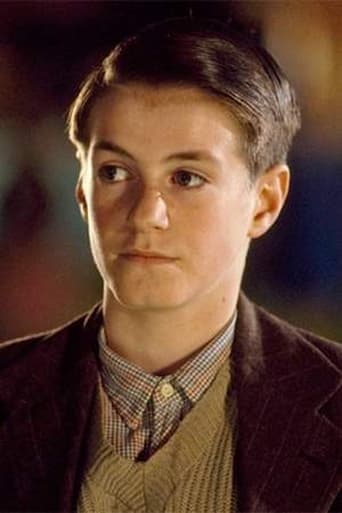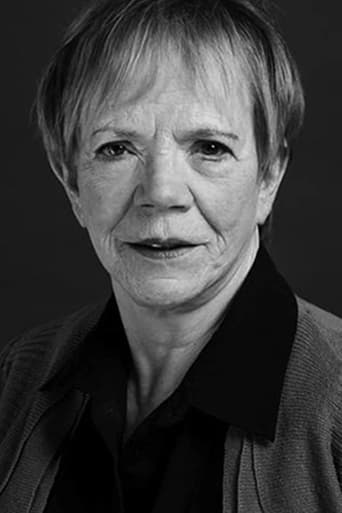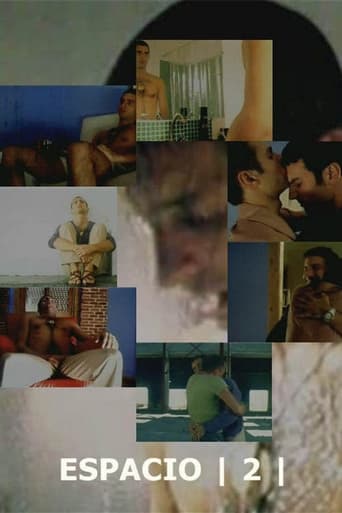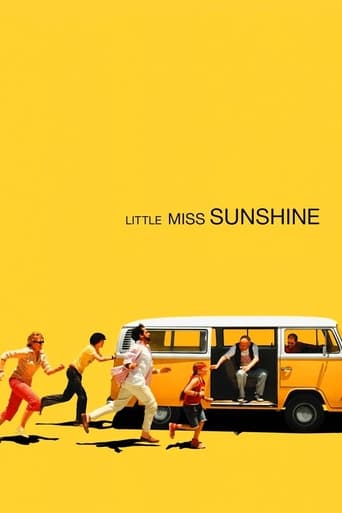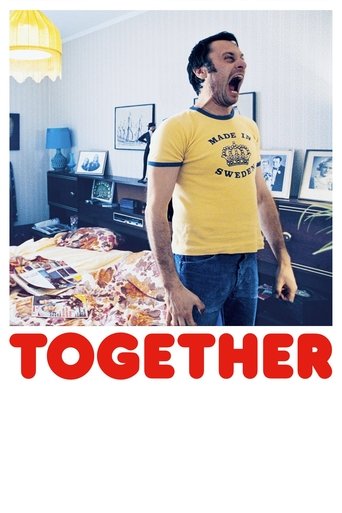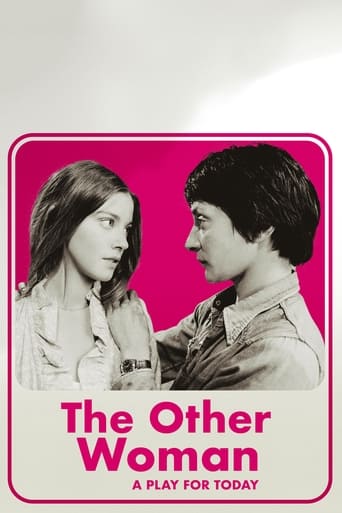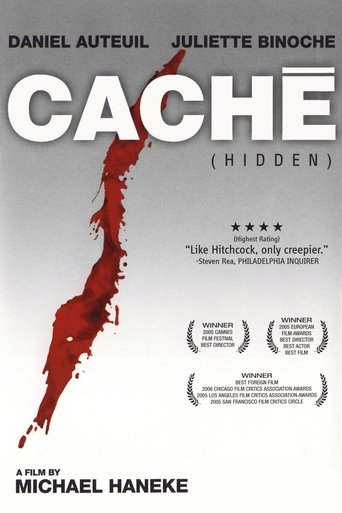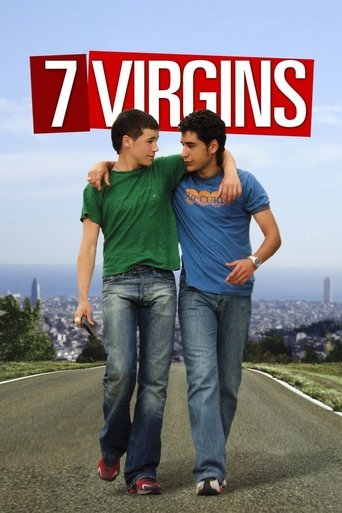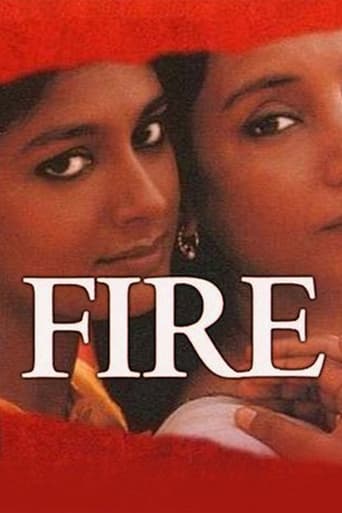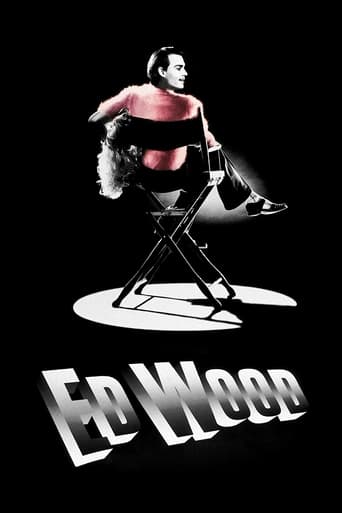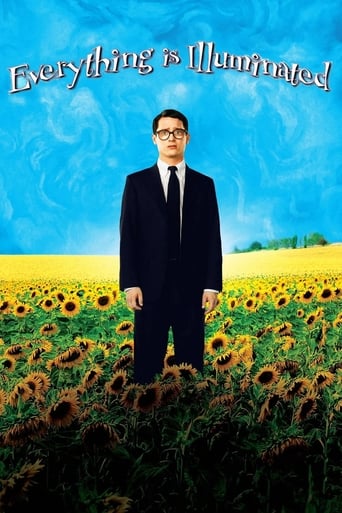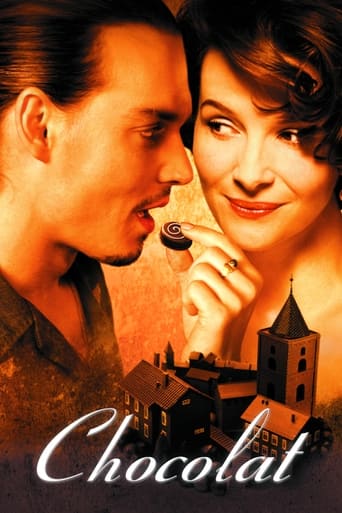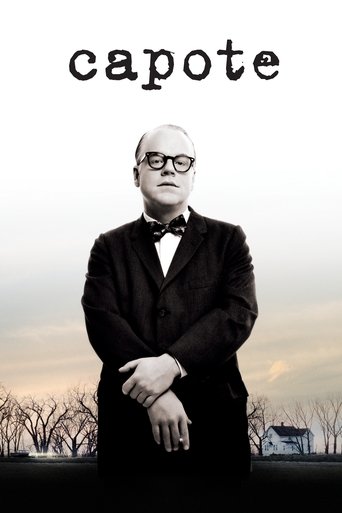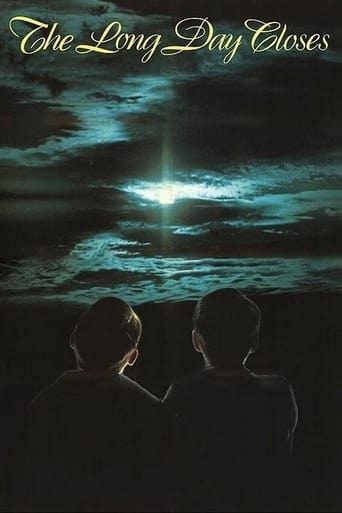
The Long Day Closes (1992)
Bud is a lonely and quiet boy whose moments of solace occur when he sits in rapture at the local cinema, watching towering and iconic figures on the movie screen. The movies give Bud the strength to get through another day as he deals with his oppressive school environment and his burgeoning homosexuality.
- Terence Davies
- Carol Thompson
- Tommy Gormley
- Gus Maclean
- James Norton
- David Gilchrist
- Terence Davies
Rating: 7.228/10 by 103 users
Alternative Title:
El largo día acaba - ES
긴 하루의 끝 - KR
Country:
United Kingdom
Language:
English
Runtime: 01 hour 25 minutes
Budget: $0
Revenue: $0
Plot Keyword: nostalgia, liverpool, england, family relationships, loneliness, lgbt, semi autobiographical, 1950s, gay theme, lgbt child
Okay, I get it. This movie is artistic. Plot and character development are secondary, irrelevant even perhaps. The film is about visual snapshots, emotional memories that are alternately nostalgic or slightly painful. But I think the movie tries so hard that it fails to entertain, choosing to assume that if you don’t like it, that is okay, because it means you don’t “get” it. For example, do we really need the camera to linger on an empty scene like a stairway for 15 to 30 seconds after someone has walked up them? What does that add to the emotional impact of the film? And how illustrative is it to watch the boy stare at nothing for several moments without giving us any indication what he is thinking or feeling? Shouldn’t we care? And is it good cinema to have the characters mumble so that we lean forward to hear what they are saying, only to blast us out of our seats with one of the many loud interludes of music? By all means, be artistic and atmospheric and nostalgic. But if you go far enough as to have a narrator occasionally slip in descriptions of what we are seeing, why not take it a step further and tell a bit of a story while you are at it? It would have been so easy to please the starry-eyed dreamers and couch reviewers as well as the more gauche like myself.

